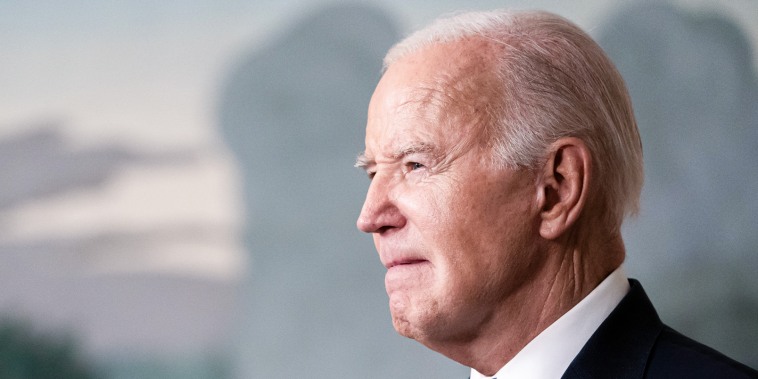In response to efforts to cap credit card late fees, business groups have voiced their concerns, arguing that such measures could have unintended consequences on consumers and the financial industry. While advocates for capping late fees highlight the need to protect consumers from excessive charges, opponents believe that imposing limits on these fees could disrupt the functioning of the credit card market and ultimately harm consumers in the long run.
One of the key arguments put forth by business groups is that credit card late fees play a crucial role in encouraging responsible financial behavior among consumers. By imposing a penalty for late payments, credit card companies incentivize cardholders to prioritize timely repayment, which in turn helps them avoid accumulating debt and maintaining a good credit score. Without the deterrent of late fees, some consumers may be less motivated to pay their bills on time, leading to increased delinquencies and potential defaults.
Additionally, opponents of capping late fees argue that such regulations could limit access to credit for consumers with lower credit scores or less established credit histories. Credit card companies may respond to fee caps by tightening their lending criteria or reducing credit limits, especially for riskier borrowers. This could disproportionately impact those who rely on credit cards for essential purchases or emergency expenses, potentially forcing them to seek alternative, more expensive forms of borrowing.
Critics also point out that the credit card market operates on a business model that relies, in part, on fees and interest charges to generate revenue. Capping late fees could threaten the profitability of credit card issuers, leading them to offset potential losses by raising interest rates or introducing new fees elsewhere. As a result, consumers could end up paying more in the form of higher annual fees or interest costs, negating the intended benefits of fee caps.
Furthermore, opponents of fee caps argue that market competition and consumer choice are essential drivers of innovation and efficiency in the financial industry. Limiting the ability of credit card companies to set their own fee structures may stifle competition and hinder the development of new products and services that cater to diverse consumer needs. By allowing companies the flexibility to determine their fee schedules, consumers can benefit from a range of options that may better suit their individual financial circumstances.
In conclusion, while the debate over capping credit card late fees is complex and multifaceted, it is clear that the issue warrants careful consideration of the potential impacts on both consumers and the financial industry. While advocates for fee caps seek to protect consumers from excessive charges, opponents caution that such measures could have unintended consequences that may ultimately harm those they aim to help. Moving forward, finding a balance between consumer protection and industry viability will be essential to ensuring a fair and sustainable credit card market for all stakeholders involved.

